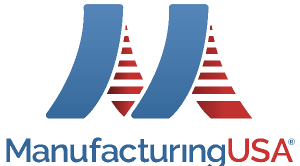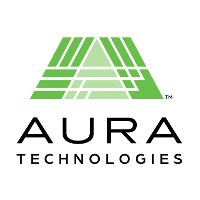

Problem
Additive manufacturing (AM) machines are problematic from a cybersecurity standpoint; they typically contain sophisticated computer systems designed for industrial/commercial deployment but are not designed to meet the rigorous certifications required for authority to operate (ATO) on Department of Defense (DoD) networks and/or are not trusted more generally. The DoD currently has no way to securely connect directly to and download technical data to additive manufacturing machines due to the very real possibility of cyber-attack. As a result, most AM machines are “air-gapped” , or disconnected from all digital networks, and so all information transferred from DoD networks and AM artifacts are transported via read-only media (such as CD-ROMs). The process itself is cumbersome and inconvenient for the user compared, for example, to the user clicking “print” in a web portal and printing the part on any (authorized) machine similar to networked printers.
Objective
The US Army and US Marines are working with Aura Technologies to execute interoperability and integration assessments of 4 TrustedAM Mark I endpoints in operation with 2 industrially relevant additive manufacturing (AM) machines. Currently, there is no way to securely connect directly to and download technical data to AM machines due to the very real possibility of cyber-attach. The Mark I trusted endpoints enable secure, repeatable, transactional fabrication jobs to be executed on AM machines via networks and across air gaps. Utilizing Aura’s TrustedAM Software Client (TSC) users can submit and monitor fabrication jobs on, and request receipts from networked trusted endpoints. The TSC also facilitates the preparation of AM fabrication packages for conveyance to trusted endpoints in air gapped applications by delivering read only files to the printer via a secure digital network.
Technical Approach
Aura Technologies will assess four TrustedAM Mark I endpoints in operation with two industrially relevant AM machines. The project team will work with the Army and the Marines to choose 2 industrially relevant AM machines, to which the Mark I endpoints can be configured. The AM machines and TrustedAM Mark I endpoints will be installed at 2 facilities. One facility will be chosen by the Army and the other by the Marines. Once the machine and endpoints have been installed the team will conduct machine specific interoperability and integration testing and assessments of the Mark I endpoints with each selected AM machine. Each selected machine will be validated through the fabrication of at least one part.
Project Participants
Project Principal

Public Participants
- U.S. Department of Defense
